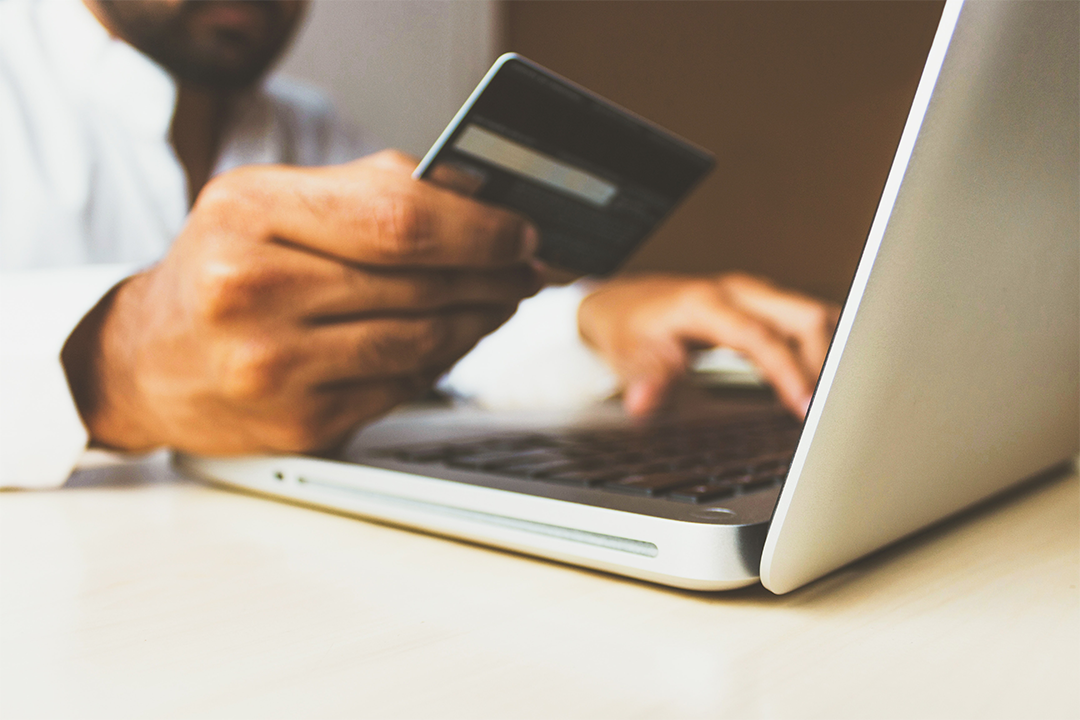

Aussies are leaving no stone unturned in their quest to find savings in their essential spending – including fees on payments themselves. With the population making more than 10 billion debit and credit card purchases, worth more than $670 billion, each year[1], surcharges on credit cards, payment apps and even direct debits can add up significantly over 12 months.
Money Transfer Comparison, a global comparison website that allows Australians and businesses to source the best rate in money transfers, commissioned a survey of an independent panel of 1000 Australians to find out whether individuals were looking to save on payments over the next 12 months. It found that a whopping 76% of respondents are conscious of fees on payments and are starting to make savings in this area.
Australians use a range of methods to make payments. Nearly 70% use BPAY[2], four in five (81%) have automatic payment arrangements set up[3], and more than 7 million use PayPal[4]. Collectively we are making about 250 million per month in credit card and charge card transactions[5], and we transfer 21 billion in funds internationally every year.[6]
From the survey, Money Transfer Comparison found that more than half (53%) of respondents are planning to reduce credit card surcharges by paying more bills through BPAY, PayPal or direct electronic transfer. One-third (34%) will research to find the lowest money transfer fees and exchange rates when making international payments. About a quarter (27%) will actively reduce missed payment fees by setting up automatic direct debits from their bank account for some regular payments.
The survey found that the younger the individual, the more likely they will be looking for savings on their payments. Nearly nine in 10 (87%) of 18-30-year-olds will proactively change the way they pay for expenses and goods, compared with 79% of 31-50-year-olds and 68% of over-50s.
Specifically, younger Aussies (18-30-year-olds) will research to find the lowest-fee money transfer services (47%), try to avoid paying bills with credit cards (56%), and have automatic debits set up to avoid missed payment fees (35%). In comparison, just 24% of over-30s will set up direct debit payments.
It seems that bill-splitting apps have a much larger audience among under-30s, with 17% of 18-30s planning to use these services, compared with just 9% of 31-50s and 3% of over-50s.
The survey found that, across the five major states, the Sunshine State is the most financially savvy, with 80% about to change their payment methods for goods and bills. More Queenslanders (58%) than residents in other states will pay bills through BPAY, PayPal or direct electronic transfer to avoid credit card surcharges; and 33% will have automatic direct debits set up for some payments.
However, more NSW and Victorian residents (36- and 35% respectively) will look for the lowest-fee services for international money transfers. More NSW residents are also likely to use ‘split bill’ apps when dining out with friends and work colleagues.
Fees and charges on payments are an often-overlooked area for making savings, as they are usually buried in the fine print, making it hard for people to really see how much their digital payments are costing them.
We are pleased to see that the majority of Australians are beginning to examine fees more closely whenever they make a transaction. Unfortunately, no transaction is completely and always ‘free’. The aim should be to choose the payment method that is the lowest cost, but which is also safe and convenient. For instance, many merchants who accept credit card payments have a surcharge for such transactions, with rewards cards such as AMEX incurring the highest rate.
Even BPAY and EFT transactions can incur a fee, either from the bank in the case of BPAY or merchants in the case of EFTs. When making international money transfers, there are two types of fees to be aware of: the transfer fee and the exchange rate fee, and you can find services that charge zero transfer fees.
With so many money transfer and payment options available, it is difficult to decide which option is best for different types of expenses. Money Transfer Comparison outlines the fees you pay on transactions – and how to save on them.
The full survey results, with age and State breakdowns, can be found here: moneytransfercomparison.com/australia-info/payment-saving-money.html